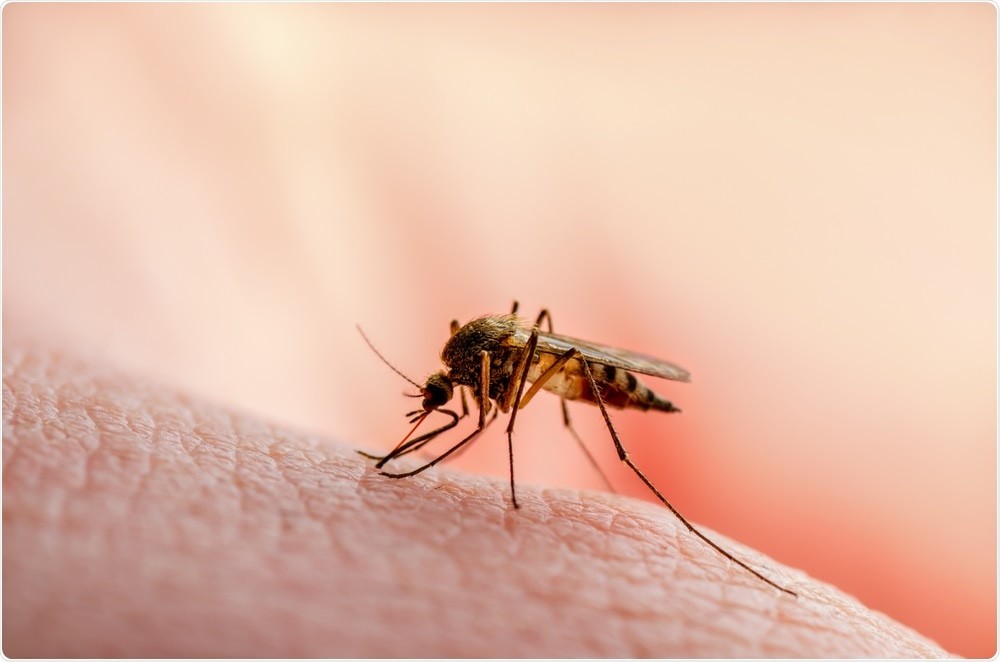A field experiment conducted in Jacobina, Bahia, Brazil, by Oxitec, a biotechnology company, aimed to control the population of Aedes aegypti mosquitoes, known vectors of diseases like dengue and Zika. The experiment involved releasing genetically modified (GM) male mosquitoes designed to produce offspring that die before reaching maturity. However, a recent study reveals unintended consequences: the GM mosquitoes have bred with wild populations, creating viable hybrid offspring and potentially altering the genetic makeup of the local mosquito population.
GM Mosquitoes in Brazil: A Deeper Look at the Experiment
Oxitec’s strategy relied on the GM male mosquitoes carrying a dominant lethal gene. When these males mated with wild females, the offspring were supposed to inherit this gene and die before reaching adulthood, thus reducing the overall mosquito population. Released between 2013 and 2015 in Jacobina, the GM mosquitoes initially succeeded in reducing the mosquito population by approximately 90%.
 Mosquito
Mosquito
Unforeseen Outcomes: Hybrid Offspring and Genetic Introgression
A study published in Scientific Reports by researchers from Yale University and Brazilian collaborators analyzed the genetic makeup of mosquitoes in Jacobina before, during, and after the GM mosquito release. Their findings revealed that some offspring of the GM mosquitoes survived and successfully reproduced, leading to the introgression of GM genes into the wild mosquito population. This genetic mixing was evident in a significant portion of the remaining mosquito population, with estimates ranging from 5% to 60% possessing some GM DNA. In one instance, 13% of a mosquito’s genome was derived from the GM strain.
Controversy and Debate Surrounding GM Brasilien
While both the study authors and Oxitec agree that the hybrid mosquitoes don’t pose an increased risk to human health, the unexpected outcome raises concerns. The researchers suggest the genetic modification could have inadvertently made the mosquito population more robust, potentially increasing resistance to insecticides or disease transmission capabilities. However, these claims are deemed speculative by Oxitec, who have contested the study’s findings and requested corrections from the journal. Oxitec maintains that the survival of some offspring was known and that the hybrid mosquitoes haven’t demonstrated increased disease transmission or insecticide resistance.
GM Mosquitoes in Brazil: Future Implications and Research
The Gm Brasilien experiment highlights the complexity of releasing genetically modified organisms into the environment and the potential for unforeseen consequences. Further research is crucial to fully understand the long-term impacts of this genetic introgression on the mosquito population and its implications for disease control. The debate surrounding the safety and efficacy of GM mosquitoes in Brazil continues, emphasizing the need for rigorous scientific evaluation and transparent communication.
Journal reference:
Evans, B. R., et al. (2019). Transgenic Aedes aegypti Mosquitoes Transfer Genes into a Natural Population. Scientific Reports. nature.com/articles/s41598-019-49660-6.
